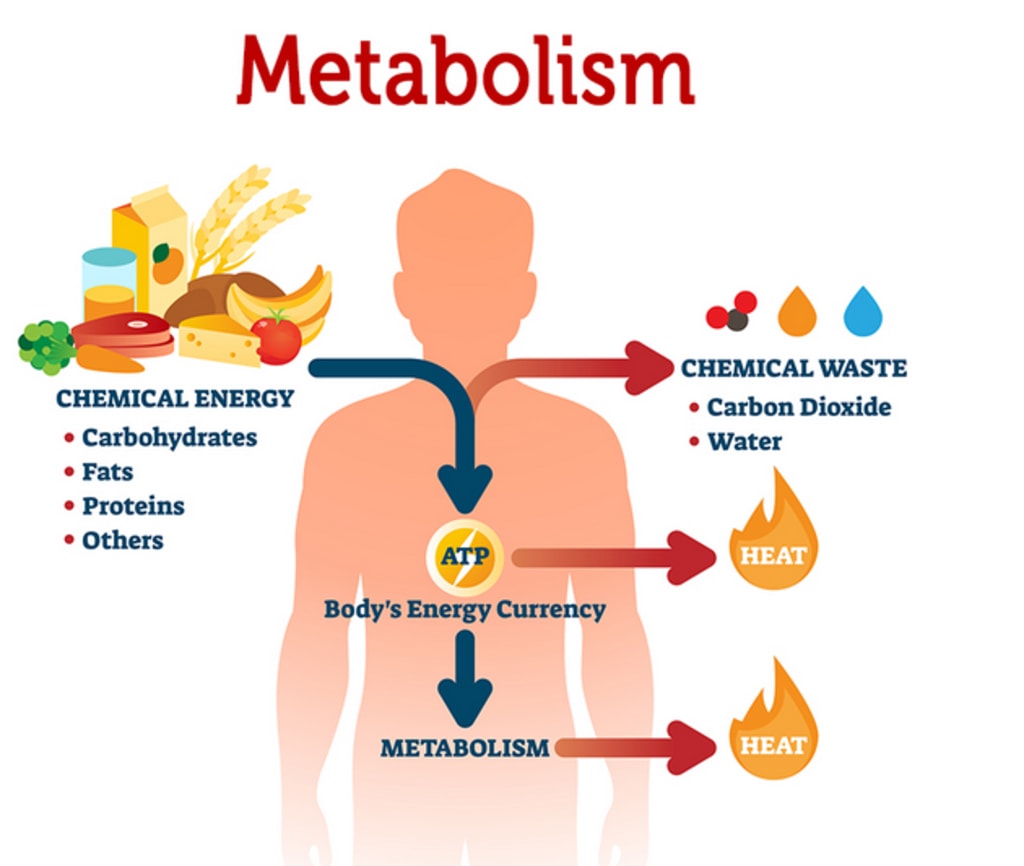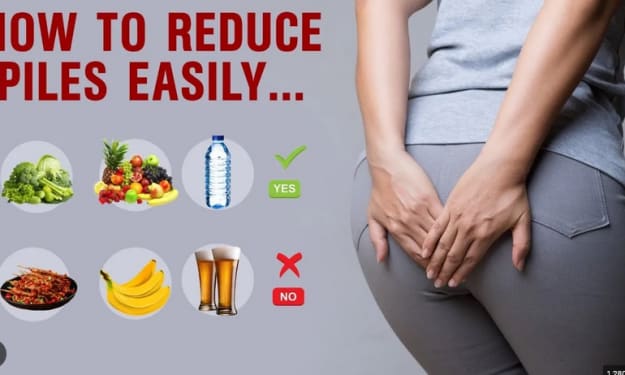
Metabolism: The process of metabolism or metabolism converts food into energy, which provides fuel to our cells. Our metabolic rate is affected by a variety of factors, including age, gender, weight, physical activity, and health problems. Let us understand what is meant by metabolism in the following table.
Meaning of Metabolism
Every cell in your body needs energy—whether it's delivering nutrients to your brain, pumping oxygen from your lungs to your muscles, or building white blood cells deep in your bone marrow. This energy comes from the calories in the food you eat. Metabolism is the name for your body's system that converts calories into energy (also known as blood sugar).
Protein-rich food increases the metabolism of the body. Along with milk, cheese and other dairy products, eggs, chicken, fish, seafood and meat increase metabolism. Protein makes it strong by converting fat into muscles, so it also maintains weight control.
How Metabolism works
Hormones and the nervous system control our metabolism. When we consume food, digestive enzymes break down carbohydrates, fats, and proteins into a form that the body can use for growth or energy.
During metabolism, two activities take place at the same time – the building of body tissues and the storage of energy, or anabolism and catabolism. Metabolism is a balancing act of these processes:
Anabolism – the process in which energy is used to grow new cells and to maintain our body tissues, and energy are stored as fat
Catabolism – The energy-releasing process where larger molecules from our food, such as carbohydrates, fats, and proteins, are broken down into smaller molecules to provide immediate energy for the body. This energy provides fuel for processes such as heating the body and allows our muscles to move.
Basal Metabolic Rate (B-M-R)
B-M-R is the amount of energy expended during rest. To some extent, your BMR is genetically determined, but it can also be affected by certain health problems and physical activity.
You burn more energy when you exercise. Being physically fit increases your BMR because the more muscle and less fat we have, the higher our metabolic rate. (Muscle requires more energy to function than fat.)
Other factors that affect our BMR include:
Age – as we get older our bodies gain fat and lose muscle, so our BMR slows
Body size – larger adults have a larger BMR
Growth – infants and children have high energy demands
Sex – women have a faster metabolism than men because of their greater muscle mass
Temperature – Extremes of high or low temperature burn more fuel.
Dieting – During extreme dieting our BMR slows down to conserve energy
Drugs – some drugs, such as caffeine, can increase BMR
Metabolic Disorders
Metabolic disorders are generally classified according to the type of food that cannot be broken down properly.
Phenylketonuria (PKU): Is the most common diagnosis and occurs when the body cannot convert phenylalanine to tyrosine.
Fructose intolerance: Occurs when the body cannot break down fructose.
Galactosemia: Occurs when the body is unable to convert the carbohydrate galactose into glucose.
When properly treated and managed with a strict diet plan, people with metabolic disorders will progress to lead a normal life.
Hormonal disorders can also cause metabolic problems. They are usually associated with the thyroid the gland responsible for releasing hormones that regulate several metabolic processes.
Common disorders include:
Hypothyroidism: When the metabolic rate decreases due to an underactive thyroid.
Hyperthyroidism: When the metabolic rate increases due to an overactive thyroid.
In case of thyroid problems, contact your doctor immediately or consult the nearest endocrinologist today.
About the Creator
Enjoyed the story? Support the Creator.
Subscribe for free to receive all their stories in your feed. You could also pledge your support or give them a one-off tip, letting them know you appreciate their work.






Comments (1)
This article on metabolism provides a clear and concise overview of how our bodies convert food into energy to fuel our cells. It's fascinating to learn about the balancing act of anabolism and catabolism, and how factors such as age, gender, and physical activity affect our basal metabolic rate. I appreciate the inclusion of information on protein-rich foods and how they can increase metabolism, as well as the discussion on metabolic disorders and hormonal disorders that can impact metabolic processes. I look forward to hearing more about it in the future!